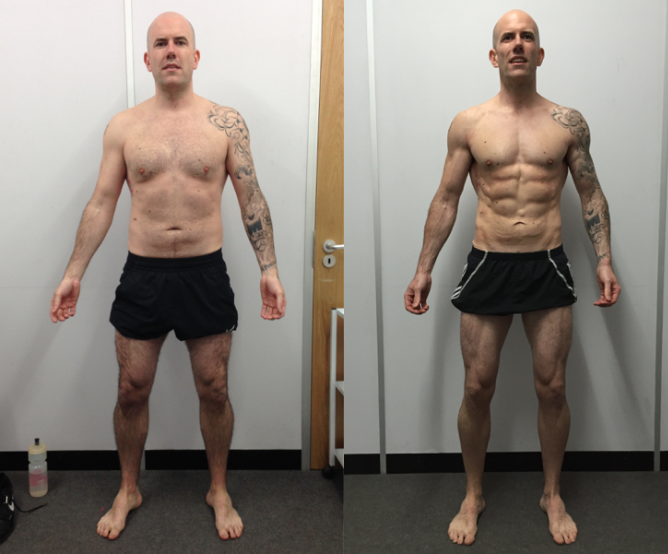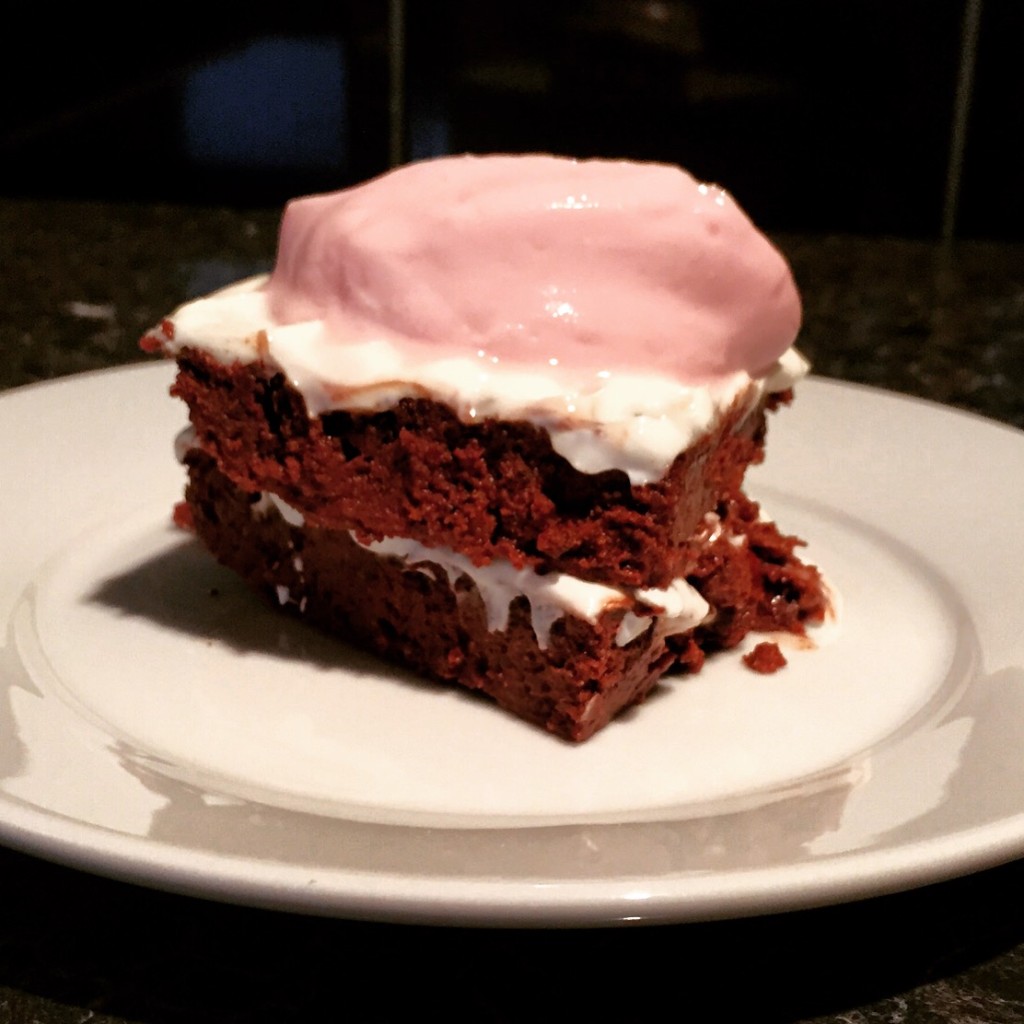Stop Following the FODMAP Diet!
Recently I’ve found a large number of my clients self diagnose and follow the low FODMAP diet (unfortunately self medicating/diagnosing doesn’t just end here, but that’s an issue to discuss another day).
The low FODMAP diet is an acronym for the far less catchy low Fermentable Oligo-, Di-,Mono-saccharides And Polyols. These carbohydrates are difficult to digest so they attract water into waste products in the gut, creating a laxative like effect. Because they are poorly digested they ferment, producing gas and resultant uncomfortable bloating.
A list of FODMAP sources
- Wheat
- Onion
- Garlic
- Cabbage
- Leeks
- Chocolate
- Pulses
- Beans
- Stone fruits such as apricots, avocados, nectarines, plums
- Apples
- Cauliflower
- Watermelon
- Sweeteners such as maltitol, mannitol, sorbitol and xylitol
Since Australian researchers discovered the potential role of these carbohydrates in developing irritable bowel syndrome (IBS) 4 years ago, the approach has exploded in popularity with both reputable (dietitians, licensed healthcare providers, health agencies etc.) and non-reputable and dubious sources recommending you follow it, with the latter sometimes recommending it as an approach for fat/weight loss.Here are some important things to bear in mind with the above notions:
- If you follow the diet from internet sources, a lot of these are crudely formed, bastardized versions of the original low FODMAP diet.
- It is effective for around 70% of people with gut related symptoms of IBS but has no evidence that it affects the non gut related symptoms such as skin issues, headaches etc.
(http://www.kcl.ac.uk/lsm/research/divisions/dns/projects/fodmaps/faq.aspx#fourthq) - Inclusion or avoidance of FODMAP containing foods will have no effect on fat or weight loss. Some sources state that the FODMAP containing foods gluten and wheat are responsible for fat storage via some processes involving inflammation and insulin. I can assure you that this is total crap and has no basis whatsoever!
- It is very difficult to follow a low FODMAP diet without professional guidance; advice needs to be sought out when it comes to following elimination diets of this type. For example you need to know what to look out for on food labels, restaurant menus, and for what time frames you are following this approach.
- To continue with the previous point, if you eliminate certain foods from your diet for long periods of time you may run the risk of nutrient deficiencies. A lot of the foods you avoid in the FODMAP diet are great sources of fibre, prebiotics , phytonutrients (plant based nutrients) and other vitamins and minerals.
- To avoid these deficiencies, a dieticians’ guidance is needed to help with reintroduction of different foods… you likely can’t avoid FODMAP containing foods forever!
About The Author
 James Blanchard (JB) is a personal trainer and nutrition consultant, working with clients both online and on an in person basis from the Better Body Group in Sevenoaks, UK.
James Blanchard (JB) is a personal trainer and nutrition consultant, working with clients both online and on an in person basis from the Better Body Group in Sevenoaks, UK.
He specialises in getting hard working, busy people lean, strong and confident whilst still enabling them to be social and enjoying life’s pleasures. Ya know, like beer, pizza and stuff.
Taking a scientific and evidence based approach, he designs his clients’ training and nutrition programs in the most effective, time efficient and easy to stick to way possible.
He has a weird obsession with picking heavy stuff up and putting it down again. He channels this through competing in powerlifting, where he currently holding a regional record in the squat. He’s also tried his hand at various other sports, including rugby, bobskeleton and athletics.
To get your hands on some of JB’s best work for free, you can join over a 1000 others and get his Get Shredded Toolkit, containing everything you need to get lean: “5 Rules to Get Shredded eBook”, a whole body training program, a completely personalised diet and comprehensive how-to guide here.




